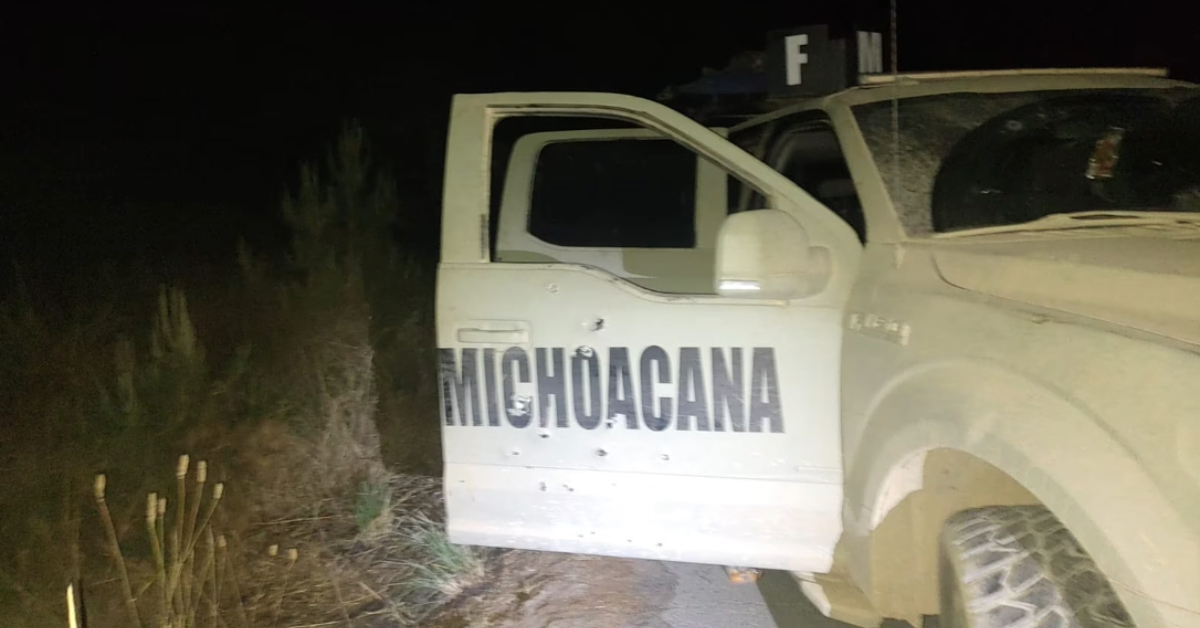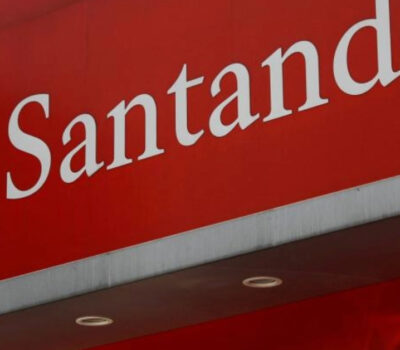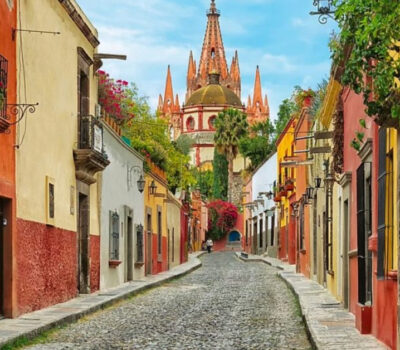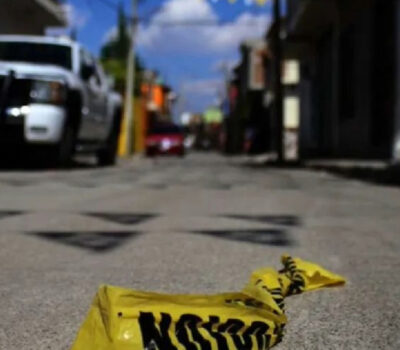Puerto Vallarta, Mexico – The Office of Foreign Assets Control (OFAC) of the United States Department of the Treasury has sanctioned eight Mexican targets affiliated with the La Nueva Familia Michoacana drug cartel for trafficking fentanyl, cocaine, and methamphetamine to the United States. The announcement was made by Treasury Secretary Janet Yellen on Thursday in Atlanta, Georgia. In addition to drug trafficking, La Nueva Familia Michoacana is involved in illicit human trafficking from Mexico to the United States, according to the Treasury. This cartel is among the most powerful and violent in Mexico, becoming a priority target for the Mexican Government in recent years.
Historically, La Nueva Familia Michoacana primarily trafficked methamphetamine. However, in recent years, it has expanded into trafficking fentanyl, obtaining necessary precursor chemicals, purchasing critical pill-pressing machines, and producing fentanyl throughout Mexico. Key locations include Mexico City, Pineda, Santa Teresa, Ciudad Altamirano, Tejupilco, Arcelia, Cuernavaca, Culiacán, Guadalajara, and Toluca. The Treasury, in coordination with Mexican authorities, identified these operations.
The cartel transports fentanyl and other drugs to the United States through Nuevo Laredo and Tamaulipas/Reynosa along the southern border of Texas, using buses and other means. Once the drugs are in the U.S., they are distributed to various cities, including Atlanta, Houston, Dallas, Tulsa, Chicago, and Charlotte.
In addition to drug trafficking, the cartel engages in illegal human trafficking through fraudulent and criminal means. For money, members of La Nueva Familia Michoacana stage photos and videos depicting individuals under interrogation or in danger of being murdered. These staged materials are then used by individuals to falsely declare their need for asylum in the United States to immigration officials.
The cartel also forces individuals to smuggle drugs into the United States under threat of violence to them and their families. Tobacco industry workers are also used to introduce narcotics into the country.
In November 2022, the Treasury sanctioned Johnny Hurtado Olascoaga and José Alfredo Hurtado Olascoaga, the cartel’s co-leaders. The recent sanctions extend to new members, including Rodolfo Maldonado Bustos, who controls drug routes from Ciudad Altamirano, Guerrero, to the Zihuatanejo-Lázaro Cárdenas area. Maldonado was indicted on two counts of conspiracy related to heroin trafficking by a federal grand jury from the U.S. Attorney’s Office for the Northern District of Georgia on April 23, 2017.
Josué Ramírez Carrera, the financial leader, is also sanctioned. He oversees the laundering of drug money through used clothing businesses and arms trafficking. He directs people in the Rio Grande Valley to hide weapons in packages of used clothing bound for Mexico City.
Other sanctioned individuals include Josué López Hernández, David Durán Álvarez, Kevin Arzate Gómez, Euclides Camacho Goicochea, Lucio Ochoa Lagunes, and Uriel Tabares Martínez. Martínez, known as “The Doctor” for his violent methods, has a leadership role in the Guerrero/Ciudad Altamirano region.
The sanctions block all assets of the designated persons and prohibit transactions by Americans or those conducted in the United States with these individuals. Although these sanctions complicate money laundering, their effectiveness in halting the cartel’s activities is limited.
Mexican cartels have become the primary suppliers of illicit fentanyl and other synthetic opioids in the United States since 2019. They purchase precursor chemicals and manufacturing equipment from suppliers in China and use intermediaries to synthesize fentanyl and other synthetic opioids in clandestine labs in Mexico. These drugs are primarily trafficked across the southwest U.S. border. In 2023, over 107,000 Americans died from drug overdoses, with more than 74,000 deaths related to synthetic opioids, mainly illicitly manufactured fentanyl, according to the Centers for Disease Control and Prevention.
“The opioid crisis, and especially the rise of synthetic opioids like fentanyl, has devastated communities and claimed the lives of hundreds of thousands of Americans,” said Secretary Yellen in a statement. “President Biden and I are committed to using every tool we have to combat illicit fentanyl and its chemical precursors so we can disrupt these deadly supply chains. Treasury has unique capabilities and expertise to target the financial flows of these cartels that are poisoning our communities, and going after them is a top priority for me and the Department,” she added.
Warning Signs for Banks
Treasury’s Financial Crimes Enforcement Network (FinCEN) has issued a supplemental 15-page warning to help banks detect red flags that may indicate activities related to the procurement of precursor chemicals and manufacturing equipment used for synthesizing fentanyl and other illicit synthetic opioids. The Treasury has identified patterns in operations and advises entities to monitor such activities.
The notice lists 14 different warning signals, related to transaction counterparts, operation volumes, payment methods, and the use of virtual currencies. “Given that no red flag is indicative of illegal or suspicious activity, financial institutions must consider surrounding facts and circumstances, such as the customer’s historical financial activity, whether transactions conform to normal business practices, and whether the customer presents multiple red flags, before determining whether behavior or transactions are suspicious,” the Treasury indicates in its notice.
The goal is to help U.S. banks and other financial institutions protect against activities related to the illicit fentanyl supply chain. Reporting of suspected financial transactions related to illicit fentanyl and narcotics trafficking by financial institutions plays a crucial role in law enforcement investigations and Treasury’s global sanctions efforts.
Puerto Vallarta, Mexico – The Office of Foreign Assets Control (OFAC) of the United States Department of the Treasury has sanctioned eight Mexican targets affiliated with the La Nueva Familia Michoacana drug cartel for trafficking fentanyl, cocaine, and methamphetamine to the United States. The announcement was made by Treasury Secretary Janet Yellen on Thursday in Atlanta, Georgia. In addition to drug trafficking, La Nueva Familia Michoacana is involved in illicit human trafficking from Mexico to the United States, according to the Treasury. This cartel is among the most powerful and violent in Mexico, becoming a priority target for the Mexican Government in recent years.












